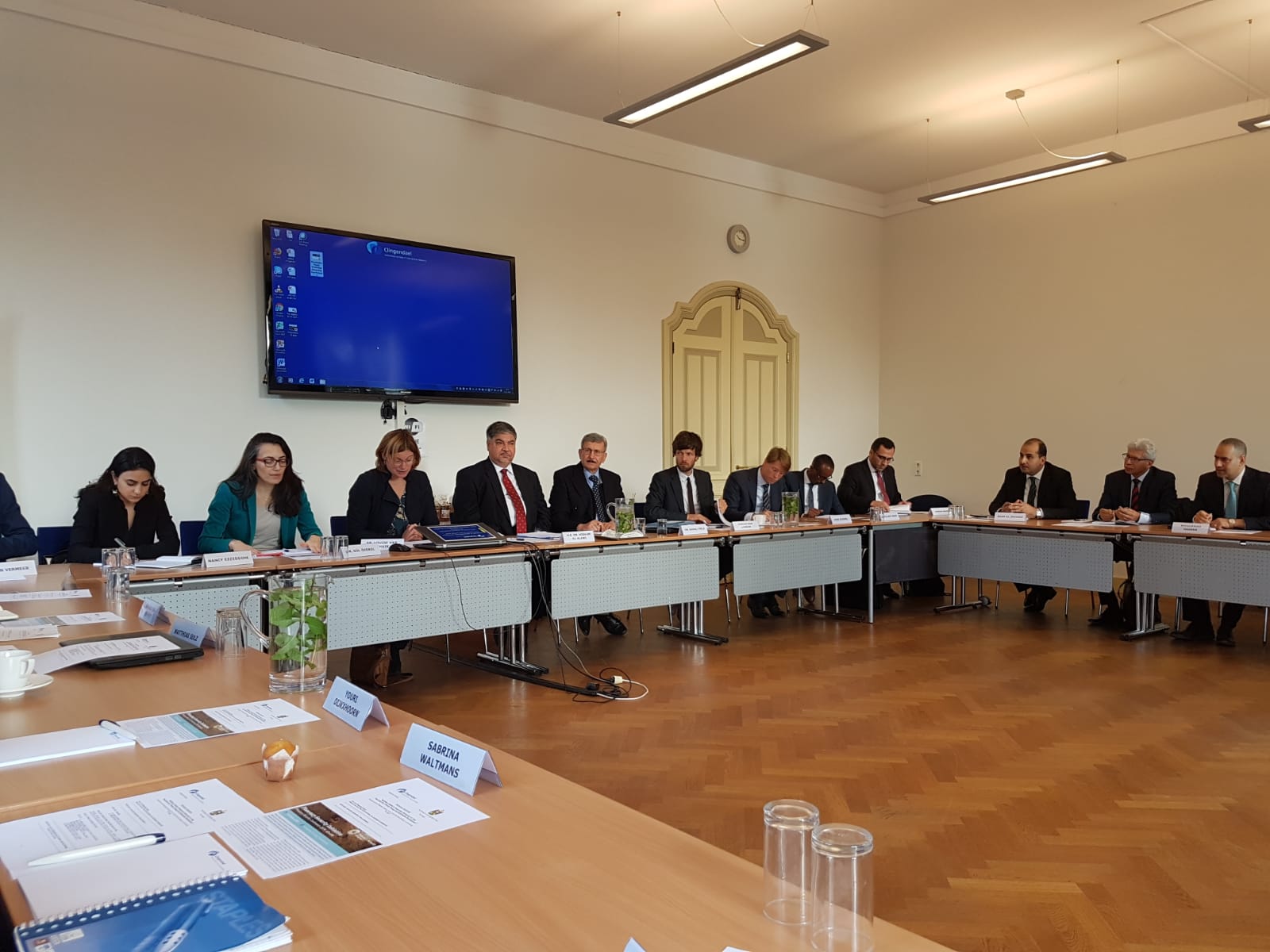On 1 November, the Clingendael Institute and The Embassy of the Republic of Iraq in the Netherlands organized the roundtable meeting entitled “Building a Stable and Prosperous Democracy in Iraq: Food Security, Climate Change and Sustainable Development’’, where participants discussed the political, economic and security situation in Iraq, and opportunities for future engagement.
Various challenges have been highlighted that the country is facing in the sensitive period of transformation from dictatorship to democracy. These challenges include political contestation, threat represented by the ISIS, a difficult human security situation for many Iraqi citizens, and the (re)integration of citizens into a stable society. In order to invest in sustainable development in Iraq, first these challenges need to be dealt with.
Iraq has been dealing with serious shortages in housing, schools, and now also in water and food. Electricity access is still precarious and tensions over shared waters are on the rise. The Marshlands have been rehabilitated but now face increasingly a lack of water. These scarcities and climate change related risks could serve as a driving factor of new conflict. Although Iraq is an oil rich country, its citizen do currently not benefit from the advantage of having an abundance of natural resources. Hopefully the new government will address this issue and it also points to the urgent need to diversify the economy of Iraq.
Moreover, the issue of accountability was discussed during the interactive session. News and media organizations are not accountable and transparent. This also contributes to the lack of effective institutions in Iraq. The international community could do more to address this issue with the Iraqi government and emphasize the importance of observing the rule of law in the country.
Specific attention was devoted to the agricultural sector and its challenges. The domain of agriculture in Iraq is being neglected, and local farmers are facing problems caused by international competition. They have to operate in a difficult market with neighbouring countries subsidizing agricultural production. Dutch expertise could help to bring in new (climate-smart) technologies to Iraq, linking farmers to the market, and establishing institutional support for farmers.
More in general, the unique position of the Netherlands was emphasized. The Netherlands has the capacity to play an active role in helping tackle the many challenges Iraq is confronted with. Examples include supporting the water and agricultural sector, as well experience with capacity building in institutions, education programmes, and bringing in the private sector.
The roundtable session concluded that Iraq has gone through a lot and it is on the right path. Nevertheless, it is important to bear in mind that transformation and building democracy is a long process. The different governmental, non-governmental and private sector actors involved in this long procedure need to be patient and keep working hard. With cooperation and engagement, they can achieve their common goal: a stable and prosperous Iraq.




